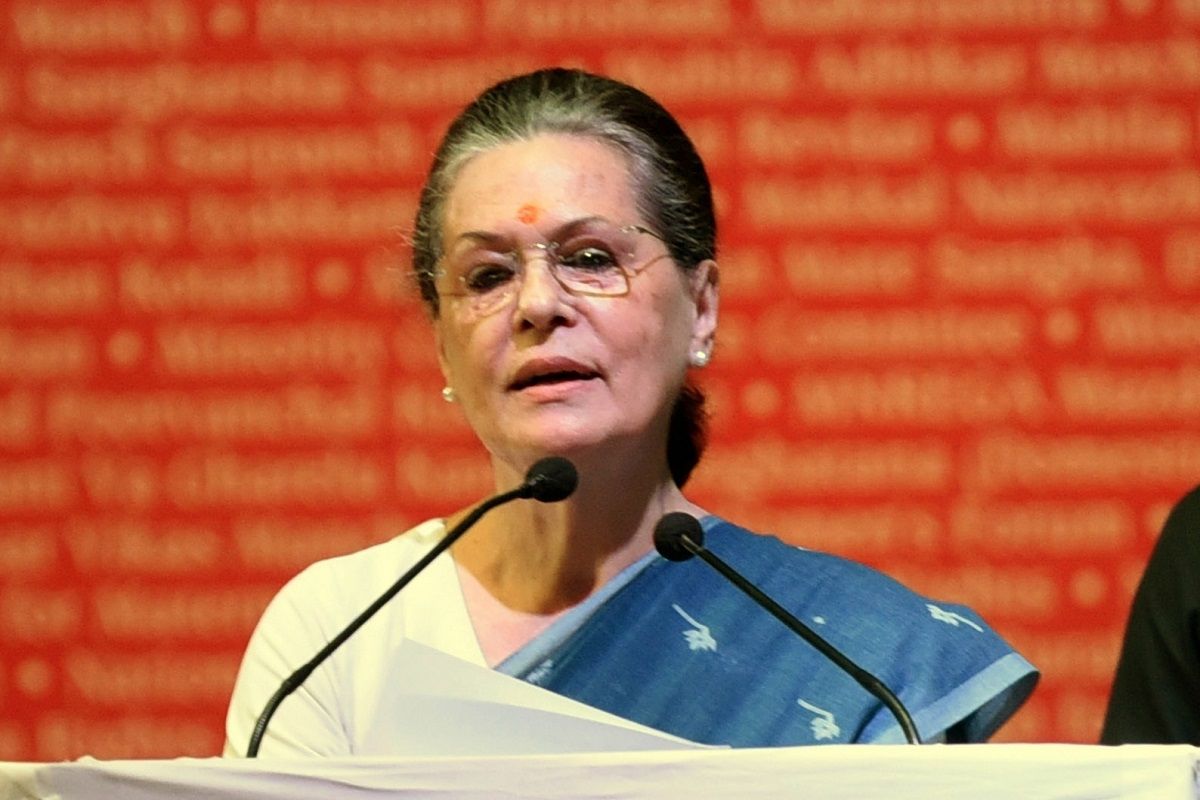Congress president Sonia Gandhi met Maharashtra Congress MLAs at 10 Janpath in Delhi on Tuesday to discuss the political situation of the state.
The meeting was held before NCP chief Sharad Pawar’s dinner and after Shiv Sena MP Sanjay Raut’s high tea meet. More than 22 MLAs were present in the meeting that lasted for almost one hour today.
Advertisement
Nationalist Congress Party (NCP) chief Sharad Pawar has invited Maharashtra MLAs for dinner on Tuesday, as the leaders from all the parties are here for a training program in the Parliament. The training program is for all the first-time MLAs as per the parliamentary system of the country.
Shiv Sena leader Sanjay Raut also invited Maharashtra MLAs for High-tea at his Delhi residence.
Suresh Narayan Dhanorkar Congress leader from Maharashtra after the meeting with Sonia Gandhi, said, “Sonia Gandhi ji gave us time, she spoke to all of us, development fund which comes should be equally distributed.”
On being asked about MLAs’ meeting with Sanjay Raut and Sharad Pawar, Suresh Dhanorkar said, “It’s important to take everyone along.”
Speaking to ANI, Congress MLA from Maharashtra Kunal Patil said, “Rahul Gandhi is travelling to different states and meeting the State leaders, MLAs. Last week, he went to Karnataka for three days and held many meetings with leaders of the states.”
“He is taking this step to strengthen the party. In Maharashtra, he will visit next week this is what we have been informed, Rahul Gandhi will meet every leader and MLA in person,” Patil said.
He also said, “After the meeting with Sonia Gandhi ji every MLA here is happy. I think we will again take Congress to heights in Maharashtra.”
While Congress MLA Vikas Thakre said, “The meeting held with Sonia Gandhi was based on the present political situation of Maharashtra, and how to strengthen the party.”
“It was a good meeting with Sonia Gandhi ji, discussion on present political situation held with her,” said MLA Amin Patel.
Sources said that Maharashtra Congress MLAs wanted to meet Sonia Gandhi and discuss the political situation of the state.











